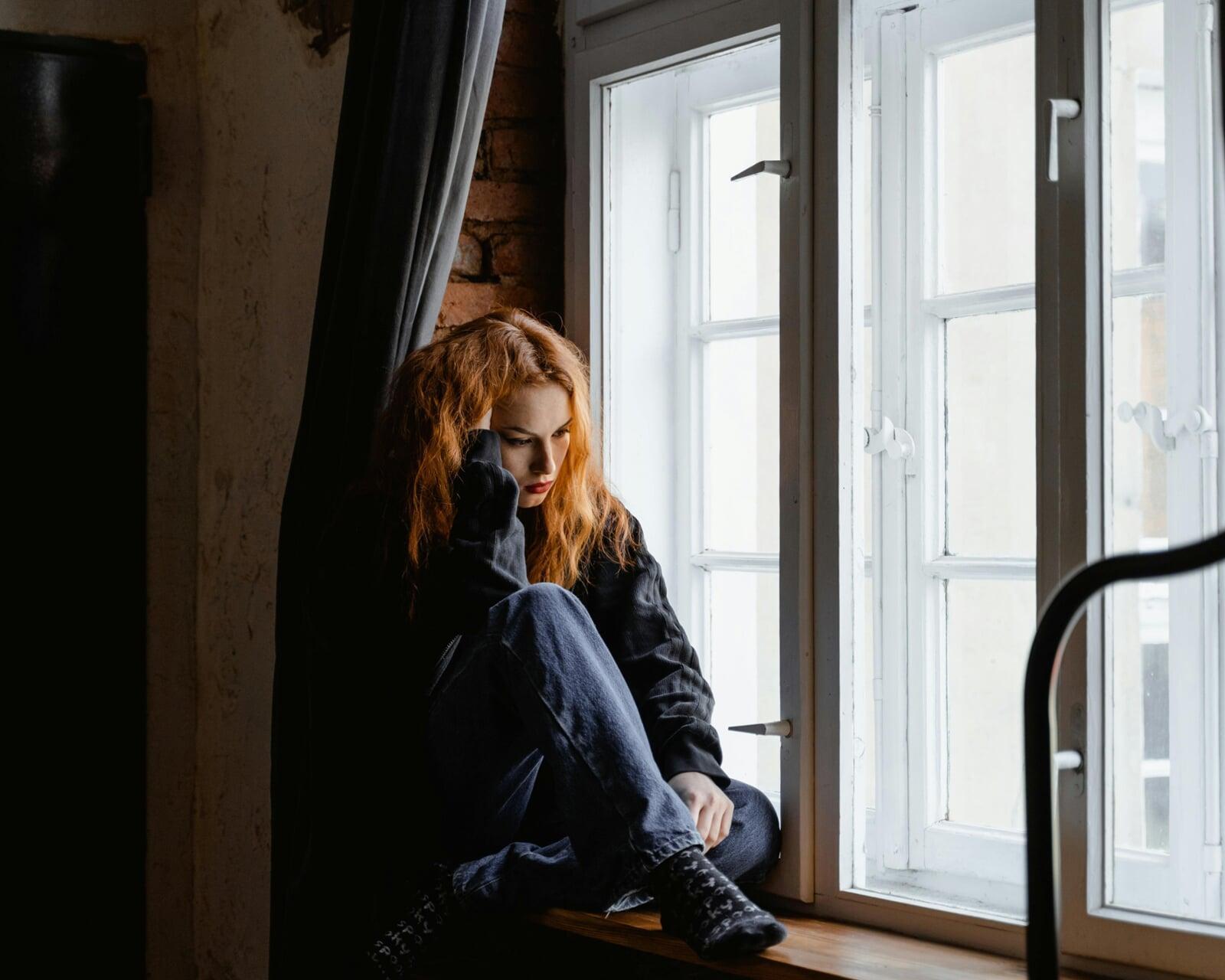
Understanding how violence shapes our bodies, minds, and relationships in ways we don’t always see.
When we hear the word violence, many of us picture something loud, visible, and immediate—a physical fight, a tragic headline, or a moment that leaves someone physically hurt. But the truth is, the effects of violence often last much longer than the event itself. They can live quietly in our bodies, our emotions, and even in our relationships, sometimes surfacing in ways we don’t fully understand.
This post is not therapy, and I am not a licensed counselor. My goal here is to offer education—to help you understand the layers of how violence can impact people. Whether you’ve experienced violence yourself, know someone who has, or are simply here to learn, you are welcome in this space.
Violence Leaves More Than Physical Scars
The most obvious impacts of violence are usually the physical ones—injuries, bruises, broken bones. These are the things people tend to notice first, and often, they’re the things society focuses on. But even when the bruises fade, the body can carry the weight of what happened in quieter, less visible ways.
Common Physical Effects:
Chronic Pain: Some people develop pain that lingers for months or even years. This can include headaches, back pain, or unexplained body aches. It’s not “all in your head”—the nervous system sometimes stays on high alert long after the danger has passed.
Fatigue: Constant tiredness, even after a full night's sleep, can happen when the body is running on stress hormones for too long.
Sleep Problems: Many people struggle to fall asleep, stay asleep, or feel rested. Nightmares or restless nights can become part of the ongoing impact.
Body Memories: Sometimes, certain smells, places, or touches can bring back physical sensations connected to the violent experience—even if the mind isn’t consciously remembering it.
It’s important to understand that these physical reactions are normal responses to abnormal situations. The body is doing its best to survive and adapt.
Emotional Impacts: What’s Going on Inside
Violence can leave emotional marks that are harder to see but just as real. And because emotions don’t always show up in neat, predictable ways, people sometimes question themselves—Why am I still feeling this? Why can’t I just move on? Let’s explore some of the emotional impacts people may experience after violence:
Common Emotional Responses:
Fear and Hypervigilance: Some people describe feeling like they’re “on edge” all the time. They might constantly scan their surroundings, feel jumpy, or struggle to relax—even in places that should feel safe.
Guilt and Shame: Even when someone knows logically that what happened wasn’t their fault, feelings of guilt can still linger. Shame, especially, can be heavy and hard to name. It can create a painful loop of self-blame.
Emotional Numbness: Sometimes, people feel disconnected—not just from others but from themselves. They might say things like, “I know I should feel something, but I just feel flat.”
Sadness, Anger, and Grief: Violent experiences can lead to deep feelings of sadness, but also frustration and rage. These emotions may surface unexpectedly, even years later.
These emotional responses aren’t signs that something is "wrong" with the person. They’re often signs that the body and mind are still working to process what happened.
Social Impacts: How Violence Affects Relationships
One of the hardest things about living through violence is how it can reshape our relationships and our sense of belonging. Sometimes, even when people want to reach out, they don’t know how. Or they fear they won’t be believed or understood.
Common Social Impacts:
Isolation: Many people withdraw from friends, family, or community after experiencing violence. This can be intentional (needing space) or it can happen because they feel like no one else could understand.
Trust Issues: Building or maintaining trust can become difficult. Even safe, loving relationships can feel complicated.
Stigma and Silence: In some cultures, families, or communities, talking about violence is taboo. Survivors might feel pressure to stay silent or may fear judgment if they speak up.
Changes in Social Identity: Sometimes, violence forces people to step away from parts of their community or to question who they are and where they belong.
It’s not unusual for someone’s social world to feel smaller after violence. The journey of reconnecting—with themselves and with others—can take time and often unfolds in layers.
A Quiet Invitation to Understand
It can be hard to read about these topics, especially if you see your own experiences reflected here. Please know that this blog is a space for education and awareness. It’s not here to give advice or tell anyone what they should be doing.
Understanding the impacts of violence isn’t about labeling yourself or trying to "fix" anything. It’s about giving language to things that might otherwise stay blurry or unspoken. Sometimes, just having the words can be a form of relief.
If you’ve lived through violence, it’s okay if your story doesn’t follow a straight line. Healing doesn’t either. Some days may feel heavy, some may feel lighter, and some may feel like nothing at all. That’s all part of it.
If this post resonated with you, consider subscribing for future blog entries on trauma, grief, and emotional healing. You deserve to feel informed and supported.
If this post resonated with you, consider subscribing for future blog entries on trauma, grief, and emotional healing. You deserve to feel informed and supported.
A Gentle Reminder
This post is for educational purposes only. I’m not a licensed therapist, and this is not a substitute for mental health assessment or treatment. If you’re struggling, please consider reaching out to a qualified mental health professional in your area. You deserve support.
This post is for educational purposes only. I’m not a licensed therapist, and this is not a substitute for mental health assessment or treatment. If you’re struggling, please consider reaching out to a qualified mental health professional in your area. You deserve support.


